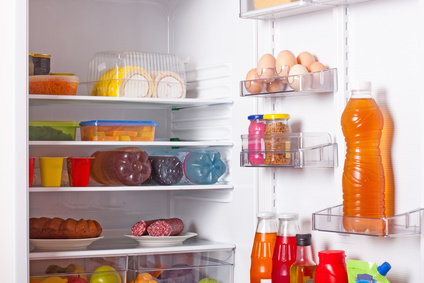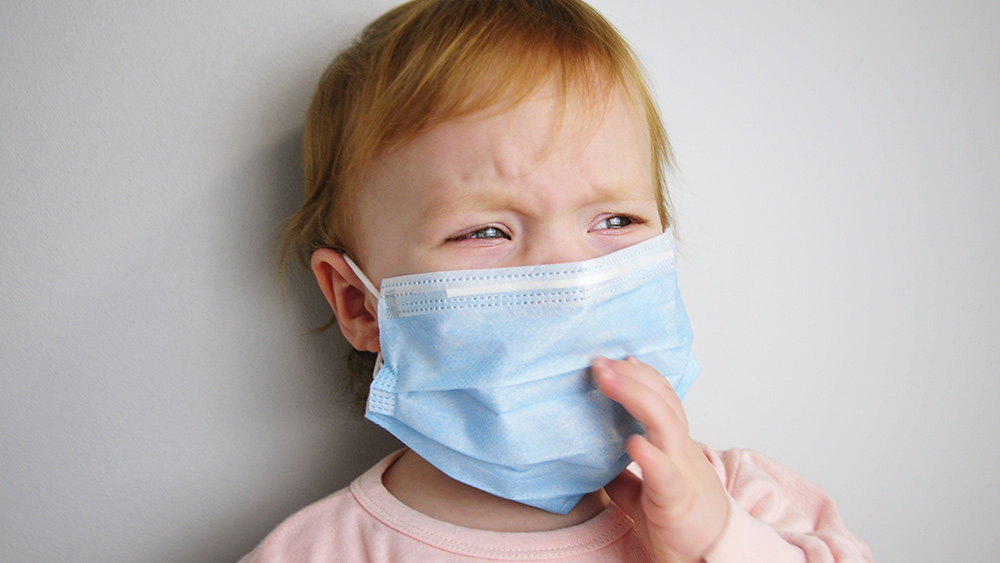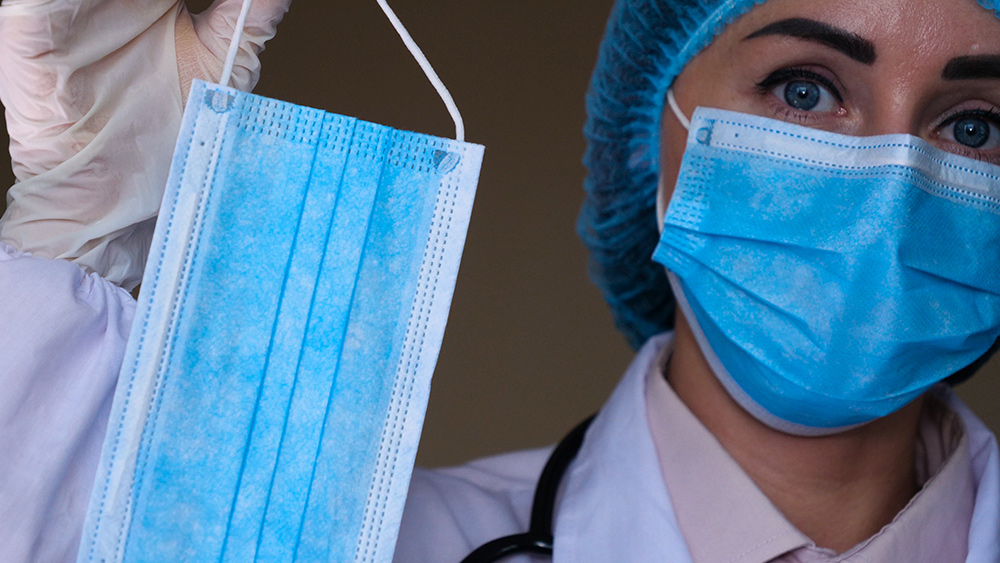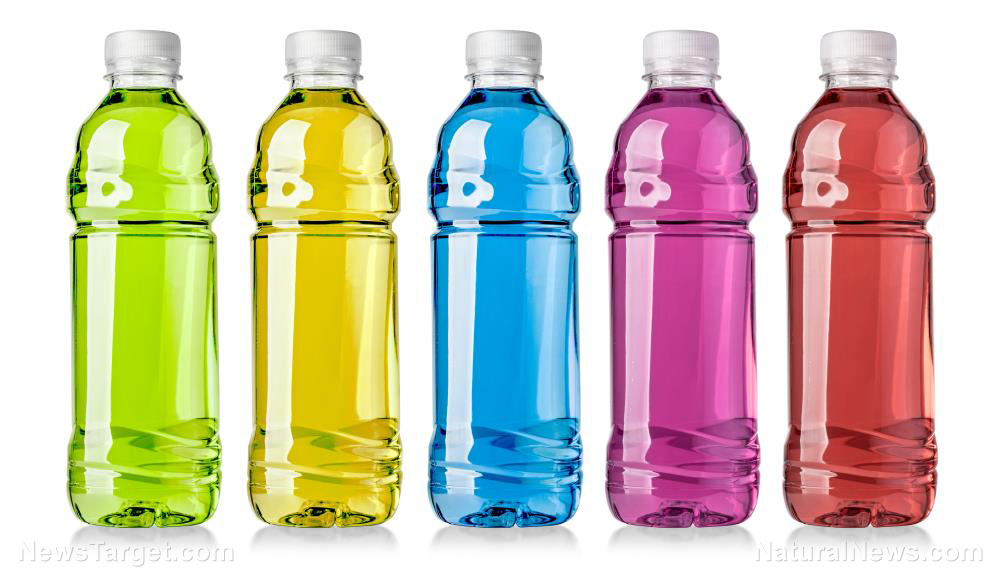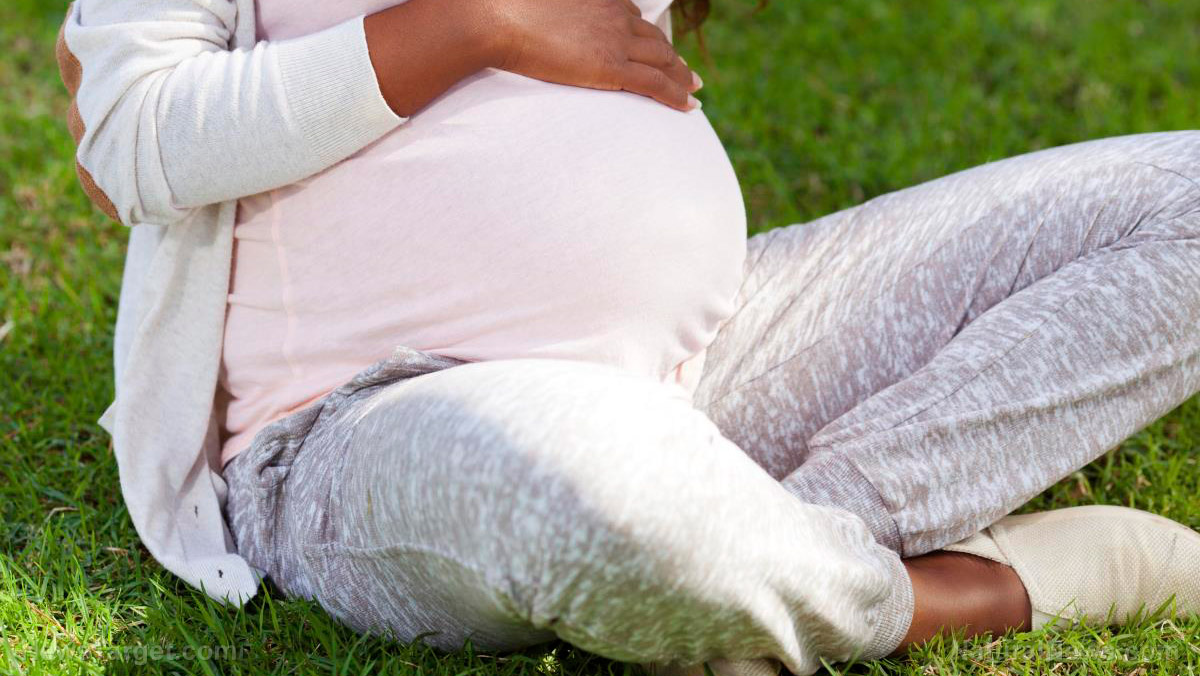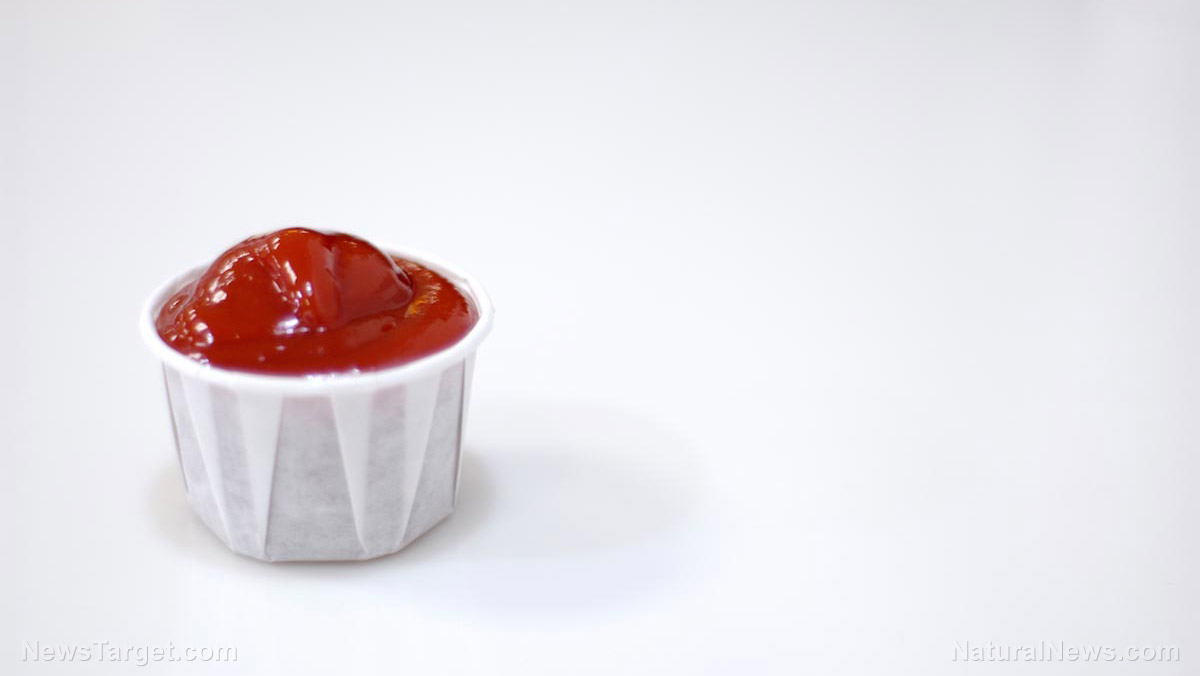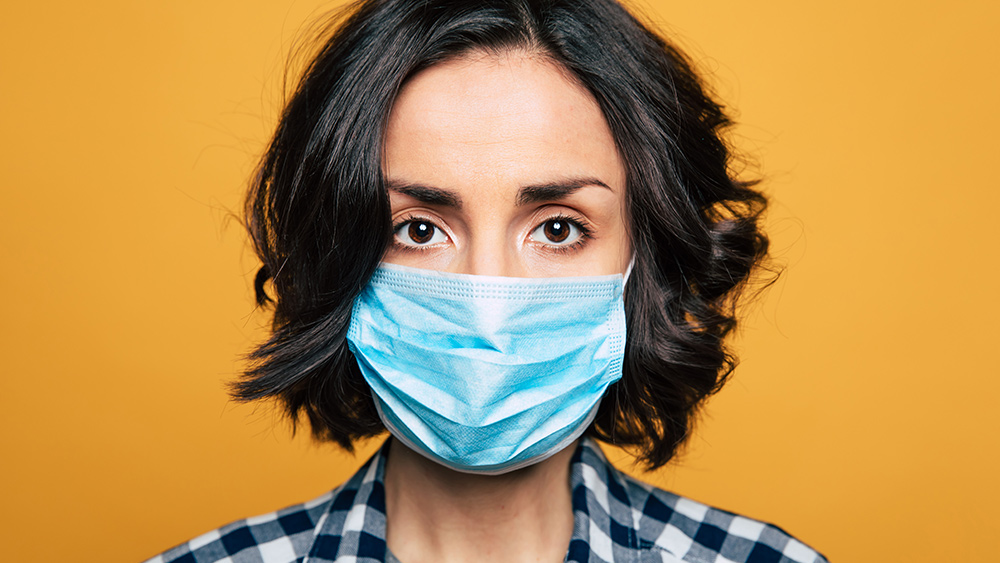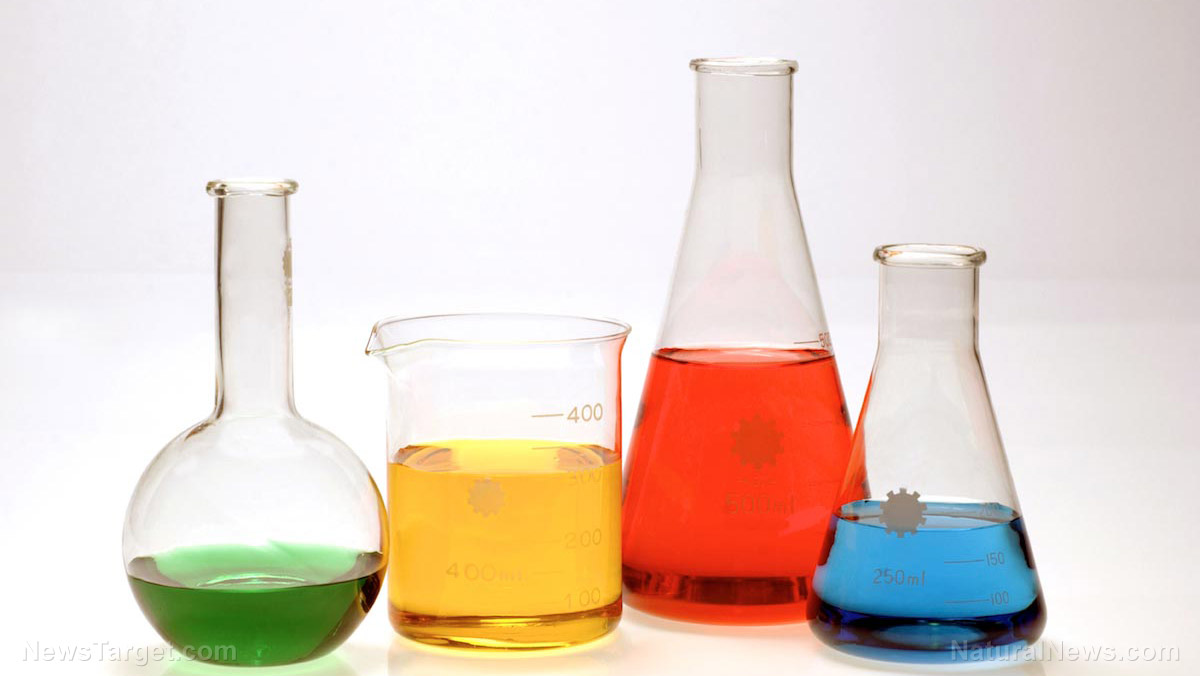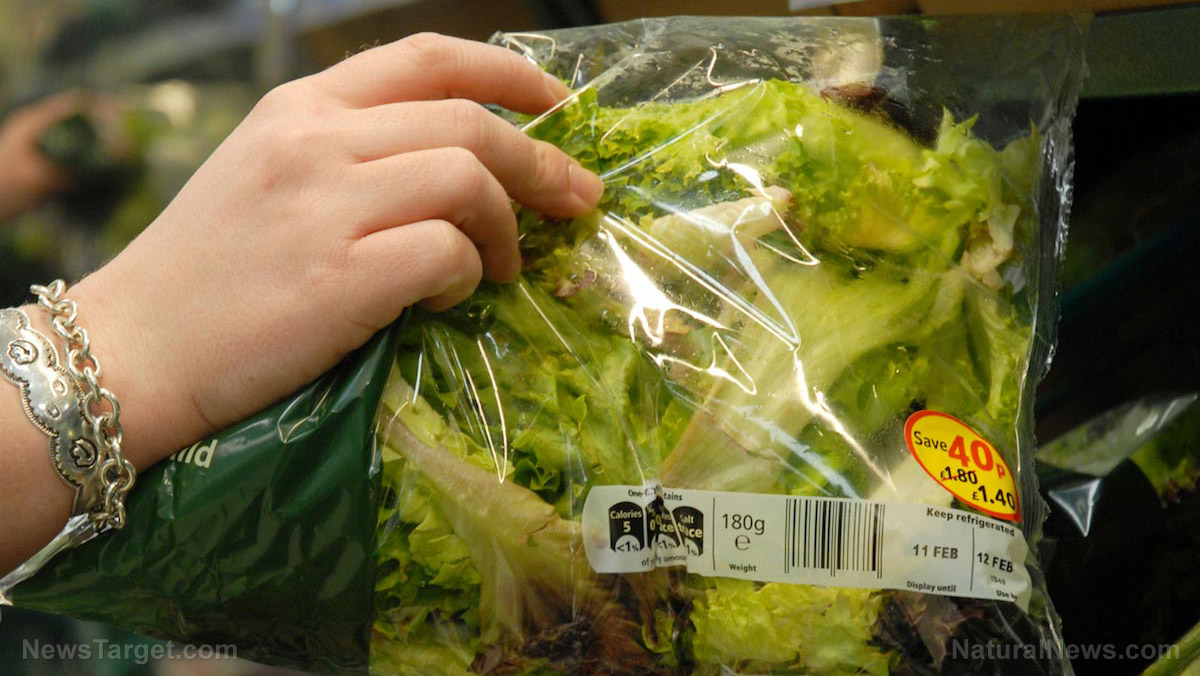Convenience for us KILLS them: U.K. study finds ALL of the dolphins, whales, and seals washed up on their shores have plastic in their guts
04/29/2019 / By Vicki Batts

Earth’s once-pristine oceans are now seas of plastic waste. And for marine life, the unending flow of used microplastics and other trash is beyond life-threatening. Scientists recently surveyed 50 dead sea mammals who’d washed up on British shores, and found that every single one had consumed plastic. Ten different species of dolphin, seal and whale were examined, and all had microplastics of some kind in their guts. Toothbrush fibers, food packaging and fragments from plastic bottles are just some of the plastics polluting our oceans and poisoning the creatures who live in them.
As if the problem of plastic waste wasn’t bad enough, scientists say that these remnants can actually harbor bacteria, viruses and other potential hazards — which can also make animals sick. Eating plastic in and of itself is quite harmful to animals, and these extra threats make the scourge of plastic waste even more troublesome.
Every marine animal eats plastic
Researchers from the U.K.’s University of Exeter and Plymouth Marine Laboratory (PML) surveyed the corpses of 50 sea mammals found along the shoreline, all the way from Cornwall to Scotland. Every single animal had traces of microplastics in their guts.
Microplastics are 5mm or less in diameter. As a press release from Science Daily reports, some 84 percent of the plastics found in the animals were synthetic fibers, which can come from fabric, toothbrushes and fishing needs. The remaining 16 percent was made up of plastic fragments, which can come from an array of sources.
On average, the scientists say, they found 5.5 pieces of plastic in the animals’ digestive systems.
Lead author of the study, Sarah Nelms, says this suggests the animals do eventually “pass” the plastic out of their systems.
“We don’t yet know what effects the microplastics, or the chemicals on and in them, might have on marine mammals. More research is needed to better understand the potential impacts on animal health,” she said.
One can only assume that the effects of consuming plastic — and all of the chemicals, pathogens and metabolites that will come along with it — is not going to be good for the health of animals (or humans, for that matter). We already know that exposure to plastic chemicals like BPA is extremely dangerous for humans. It would be irrational to believe that there is any scenario where consuming plastic isn’t harmful to marine life.
Killing the oceans
Dr Penelope Lindeque, Head of the Marine Plastics research group at Plymouth Marine Laboratory, adds that across many years of research, PML has seen plastics in virtually every species of marine life they’ve observed. From tiny zooplankton and fish larvae to dolphins and whales, no part of the oceanic ecosystem is safe from plastic waste.
“This study provides more evidence that we all need to help reduce the amount of plastic waste released to our seas and maintain clean, healthy and productive oceans for future generations,” Dr. Lindeque added.
Professor Brendan Godley, of the Centre for Ecology and Conservation on the University of Exeter’s Penryn Campus in Cornwall, stated of the research, “Our findings are not good news.”
It is not a secret that plastic waste has created a problem well beyond our ability to deal with. Estimates suggest eight million metric tons of plastic are dumped into the ocean each year. There are mountains of garbage the size of Texas floating across the sea right now. Earth Day reports that by the year 2050, there will be more plastic in the ocean than there are fish (by weight).
Even the Arctic Ocean is overrun with plastic waste. For marine life, there is literally no escape from the problem of plastic.
See more coverage of the latest environmental research at Environ.news.
Sources for this article include:
Submit a correction >>
Tagged Under:
animal welfare, animals, conservation, ecosystems, environment, food supply, garbage, marine life, ocean health, Oceans, Plastic, plastic bags, plastic waste, wildlife
This article may contain statements that reflect the opinion of the author
RECENT NEWS & ARTICLES
Microplastics.News is a fact-based public education website published by Microplastics News Features, LLC.
All content copyright © 2018 by Microplastics News Features, LLC.
Contact Us with Tips or Corrections
All trademarks, registered trademarks and servicemarks mentioned on this site are the property of their respective owners.





